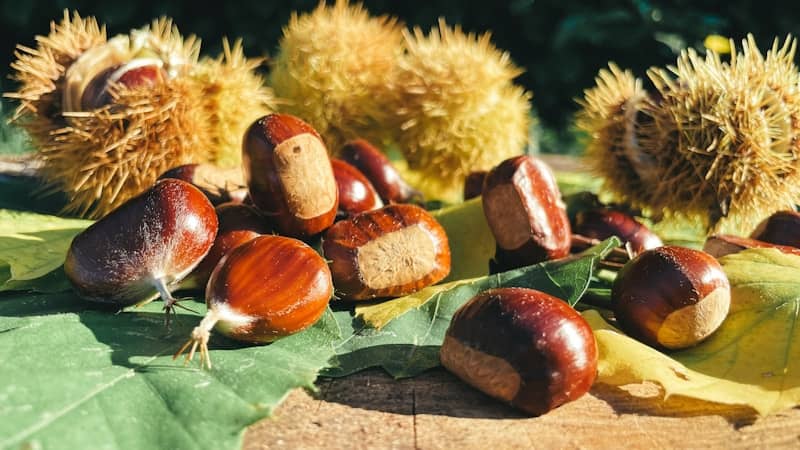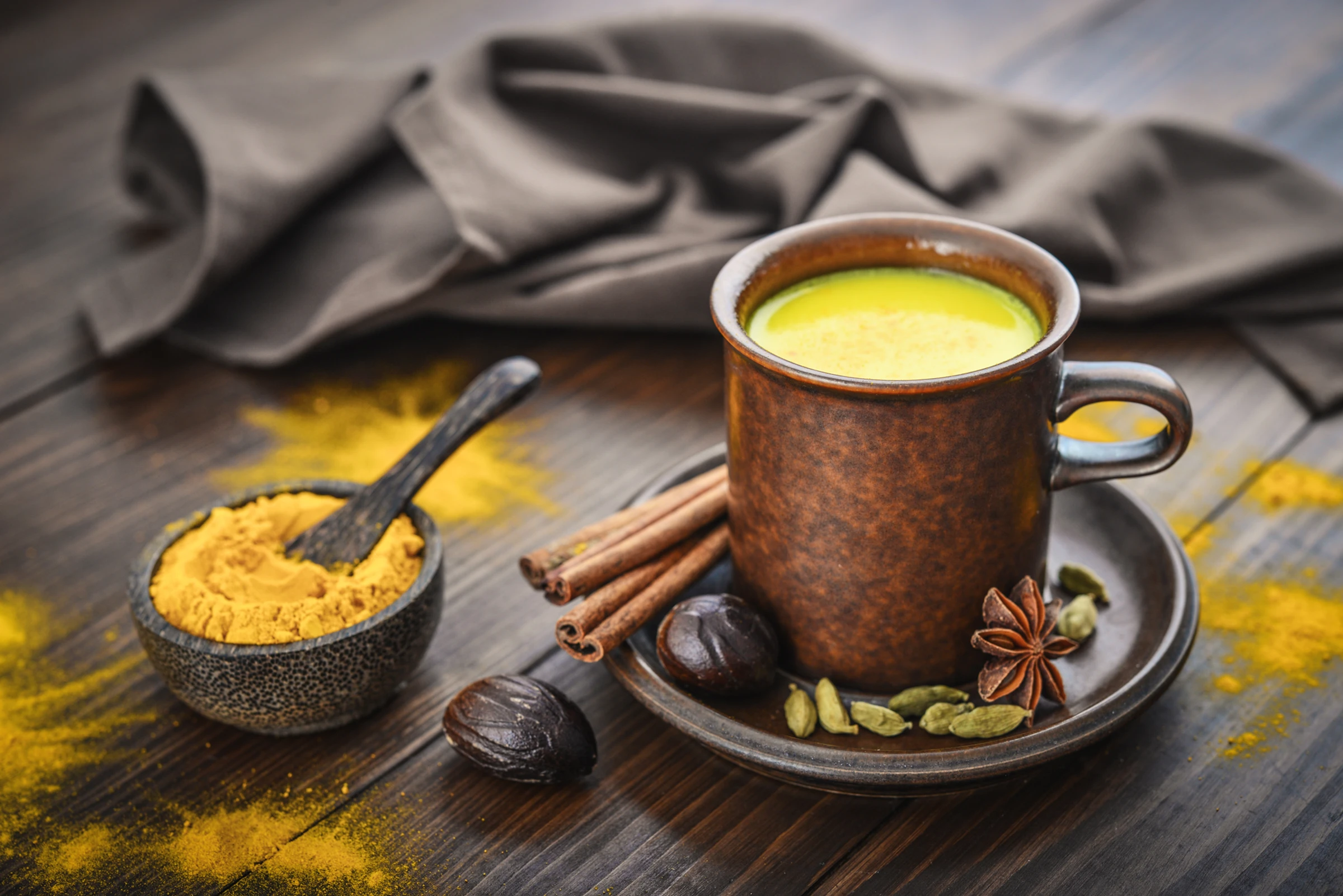Autumn is predominantly a cool season when vata dosha dominates inside and outside our bodies. This time of transition sees many people succumbing to seasonal coughs, colds and flu. This study of the seasons is called ritucharya and is a major focus in Ayurveda (1). Modern research supports this view in finding that seasonal changes in day length can suppress or enhance our immune function (2).

It is clear that as the seasons change, our bodies also require a different diet and lifestyle to stay balanced (or dinacharya). Mind-body awareness techniques, such as yoga, help us to naturally want to make such changes. Vata dosha has cold, light, dry, rough, and moving qualities. Its main site is the colon, hence bloating, constipation and gas are often early signs of aggravation. Other signs include dry skin, irregular appetite, lack of sleep, stress, anxiety and tiredness.
We all need to pay attention to vata in autumn by inviting in the balancing factors of warmth, grounding, nourishment and stillness.
- Start your day by 6am if you can, or even earlier in vata time when the air is calm. This will promote a sense of calm and clarity to carry through your day.
- Continue with your yoga practice, emphasising twisting and forward and back bending postures. Inversions such as shoulder stand and headstand are also useful, as well as warming sun salutations done in a rhythmic, flowing manner.
- Alternative nostril breathing is a good pranayama for helping to ground vata at this time of year.
- Take extra care of your skin due to vata’s drying nature. Ground yourself with a warm sesame oil self-massage. Ayurveda recommends this daily, but it is hard to manage every day so aim for twice weekly to start. Follow with a warm bath or shower.
- Reduce raw and cold foods and focus on a warming, nourishing diet, rich in oils and ghee, with spices such as ginger and cumin. Have a warm breakfast (porridge, poached eggs, stewed apple, quinoa pancakes), followed by soups, stews, risotto, kichari (one pot rice and dhal meal, mung soup – see recipes) and warm herbal teas (tulsi and ginger are ideal to ward of respiratory infections).
- End the day with warm milk with ginger, nutmeg and a little honey to help you drift off. Vata is increased by astringent, bitter and pungent flavours so avoid excess of these tastes such as raw food, dry muesli, chickpeas, peas, popcorn, caffeine and sandwiches. Minimise all dry, rough, cold food and iced drinks. It is advised to eat the bulk of your food around the middle of the day in autumn.
- Keep to regular meal times with lunch as the main meal, and a small dinner eaten as early as possible. Try to get up and go to sleep at regular times as well. This is a good time to introduce regularity at your workplace by having regular breaks, sipping herbal teas throughout the day and not working yourself too hard. Routine really helps!
- Avoid any overstimulating activities, such as listening to loud music, vigorous exercise or excess travel. All of these can disturb sensitive vata.
- Instead, increase stillness in your day and time to connect with yourself. Vata is aggravated by feelings of fear and insecurity so take time to look after yourself. It is also aggravated by excess movement. Anything which reduces the amount of rushing, travelling and business that is part of most of our lives is good e.g. go for a walk, practice calming yoga or yoga nidra, meditate, write in a journal, cook a slow recipe, curl up with a favourite book…
- Dress warmly in colours that are warming to the eye but not overly harsh, such as muted shades of gold, red, orange, yellow and white. On windy days ensure you wear a hat and protect your ears to prevent vata becoming disturbed.
- Use aromatherapy with sweet, calming oils such as sandalwood, rose, vertivert, lemongrass and lavender.
- Try to get to bed a little earlier now that the evenings are drawing in. Vata types especially should be tucked up by 10pm after a soothing cup of hot milk with some warming spices.

References:
[1] Thakkar, J., Chaudhari, S. and Sarkar, P.K., 2011. Ritucharya: Answer to the lifestyle disorders. Ayu, 32(4), p.466. Ritucharya: Answer to the lifestyle disorders (nih.gov)
[2] Nelson, R.J. and Demas, G.E., 1996. Seasonal changes in immune function. The Quarterly review of biology, 71(4), pp.511-548. Seasonal changes in immune function – PubMed (nih.gov)

0 Comments